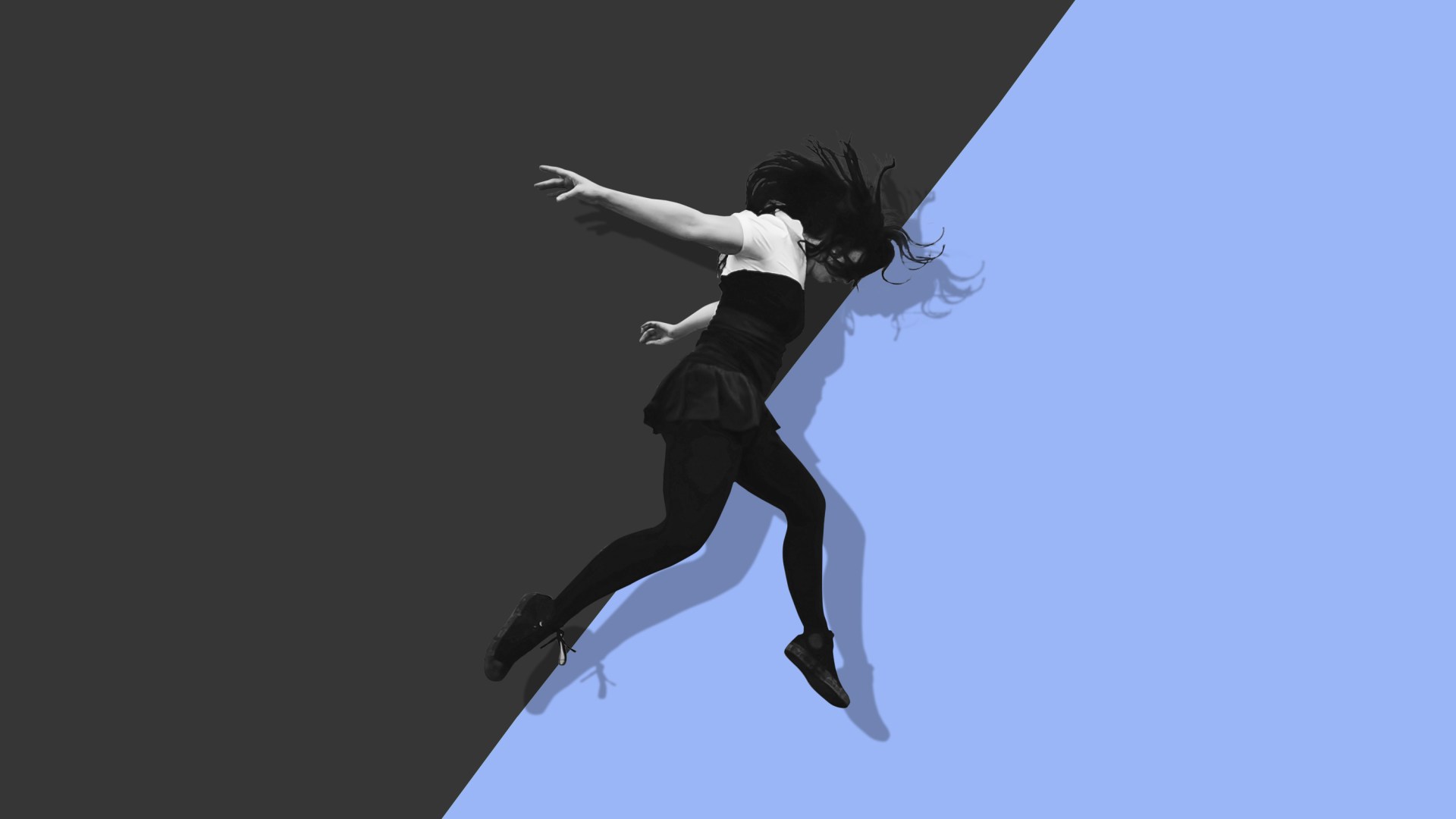Not long before his death, Henri Nouwen wrote in Sabbatical Journeys about some friends who were trapeze artists. They shared with Nouwen about the special relationship between flyer and catcher on the trapeze. The flyer lets go, and the catcher catches. As the flyer swings high above the crowd on the trapeze, the moment comes when she must let go. She arcs out into the air, where her sole job is to remain as still as possible as she opens her hands and waits for the strong hands of the catcher to pluck her to safety. One of the trapeze artists told Nouwen, “The flyer must never try to catch the catcher.” The catcher will catch the flyer, but she must wait in absolute trust.
The gospel calls us to a similar spirit of open-handed living. Over several decades of following Jesus, I’ve learned that the essence of surrender is found in the posture of our hearts. In this place of yielding, we give the Holy Spirit free rein to direct and sustain our journey, and we also realize that our lives are part of a much greater narrative: God’s story of hope and restoration in the lives of individuals, families, communities, and local churches.
My first big surrender came shortly after beginning a relationship with Jesus in high school. My dad went through a midlife crisis—which included a fancy sports car followed by a perm (another story, another time)—and then he shared the news that we would be moving from Colorado to Hong Kong right before my senior year. Angry and confused, I unleashed my frustration and let God know exactly how I felt about the situation. But at the end of my tirade, I added a sincere prayer: “In my heart of hearts, I really want to know you and do your will.”
This prayer has led me through other life disruptions, as well. After I graduated from college, I came to another crossroads. Should I attend law school? Or pursue vocational Christian ministry? I wasn’t afraid to minister overseas, but I did wrestle with what I considered my worst-case scenario: driving an ugly, outdated car and living in complete isolation and obscurity doing boring, mundane work day in and day out. Nevertheless, I remember praying a tearful but sincere prayer of surrender: “God, I will go wherever you want me to go—even if you ask me to work and live all alone and drive one of those old station wagons with fake wood paneling on the outside. Even then I will choose to follow you.”
When faced with my own cancer diagnosis a few years ago, I prayed another surrender prayer. Every morning I awakened in the dark with my mind racing, wondering if the diagnosis was a bad dream. As my mind cleared and the heavy reality set in, I would make my way upstairs to an overstuffed chair tucked away in a little nook, where I would pour out my fears to God. I wrestled with what seemed like reasonable, honorable desires of living long enough to witness the major milestones in my three kids’ lives. I wanted a front-row seat. The willingness to yield my plans and open my hands—even to let go of my very life—became a moment-by-moment choice.
Each time that I’ve placed my heart into the hands of my loving, good, and all-knowing God, my life has simultaneously been easier and harder. Sometimes I find myself trying to control the outcome of my circumstances. I pray with directives: “This is how you need to answer, God, and this is how you need to fix this situation.” But when I read Scripture, I am reminded of how God is the one who determines our boundaries and the exact places we should live (Acts 17:26).
We are born into this world without control over our family of origin; we have no say in who our parents are, the number of siblings we grow up with, or our birth order. We have no control over our gender, ethnic makeup, cultural heritage, family history, socioeconomic class at birth, or gifts and wiring. But God has his reasons for forming us as he has. “We are his workmanship, created in Christ Jesus for good works, which God prepared beforehand, that we should walk in them” (Eph. 2:10, ESV).
In the end, we may not have the opportunity to see the direct outcome of our choices or live the life we always dreamed of, but God maps out for us a way to walk in freedom—even when our circumstances don’t make sense to us. In this place of surrender, he simply asks us to let go and trust that he will catch us.
Vivian Mabuni has spent 30 years serving on staff with Cru and is the author of Warrior In Pink and Open Hands, Willing Heart. Connect with her on Instagram/Twitter @vivmabuni or on her website www.vivianmabuni.com. This piece was adapted from Open Hands Willing Heart: Discover the Joy of Saying Yes to God (releasing July 9). Copyright © 2019 by Vivian Mabuni. Published with permission by WaterBrook, an imprint of Penguin Random House LLC.










